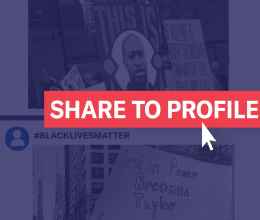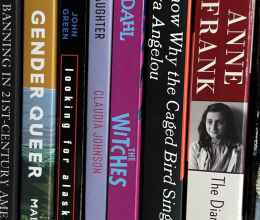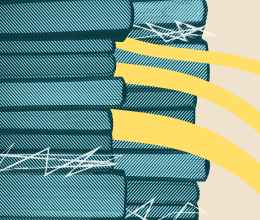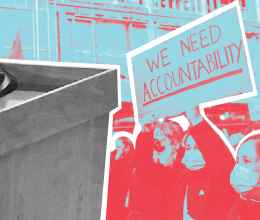
Slate's Dahlia Lithwick posted an article about the Illinois Eavesdropping Act, which prohibits citizens from recording public officials, including police, performing their public duties in a public place. The ACLU of Illinois has been challenging the application of this law in the case of ACLU v. Alvarez as well as advocating for the passage of a bill (HB 3944) that would allow citizens to record police activity. In advance of the G8/NATO Summits taking place in May in Chicago, the article posits the impact of the eavesdropping law on journalists.
While all this presents an enormous constitutional problem for ordinary citizens, the issue is even more fraught for journalists, who at least implicitly perform a vital newsgathering function under the First Amendment. The Reporters Committee for Freedom of the Press (disclosure: I serve on their Steering Committee) has been struggling to keep up with the slew of journalist arrests following various Occupy Wall Street protests. Often, arrests of journalists are used to interrupt the recording, and all charges are dropped once the reporters are transported to police stations. That means the First Amendment isn’t technically violated, but reporters are unable to file their stories and may be held for hours before being released. The fact that cities and police departments virtually never win these suits and may even be on the hook for money damages doesn’t mean that there isn’t a serious problem for journalists. It simply means that, in a pinch, the police have a cumbersome but effective mechanism to shut down contemporaneous recordings of police misconduct as it happens. That’s the part that has to change.



